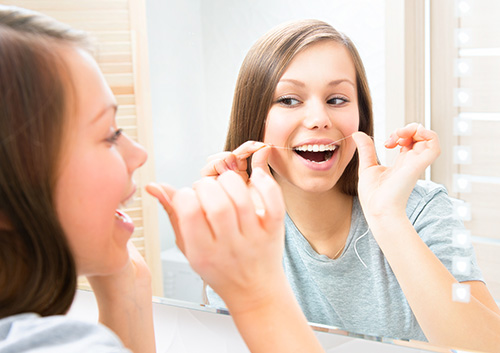May Marks National Physical Fitness and Sports Month!
May 3rd, 2023

The merry month of May also happens to be National Fitness and Sports Month, so take advantage of the warmer days to get outside and exercise! Bringing a friend, family member, or coworker with you when you go for a brisk walk during a lunch break can provide an opportunity to socialize as well as health benefits. If you need a little more motivation, here are some good reasons to stay active and fit.
Exercise provides:
- Improved stamina and energy as well as toned muscles and bone strength and density
- Improved circulation and breathing for a healthier heart and lungs
- Reduced risk for Type 2 diabetes and certain forms of cancer
- For older adults, regular exercise may help improve balance and reduce the risk of falls as well as improved cognitive abilities
Children and Teens
Children and teenagers spend long hours at their desks in school, on the computer, watching television, and involved in other sedentary activities that result in obesity and poor health later in life. Getting them engaged in school or community sports teams can help them form good life-long exercise habits. One important note: If they are participating in contact sports, Cooper, Ford S. and our team at OrthoCare Orthodontics recommend your kids wear an approved mouthguard to protect those valuable teeth from injury! Ask us for a proper fitting of your safety appliance during your next visit!
A gym membership is nice but not necessary to stay fit; try these easy ways to work some exercise into your daily routine.
At Home
- Take a friend along for company on a walk through your neighborhood.
- Pursue gardening or other yard work, including mowing or raking.
- Take your kids on a bike ride or have them push a baby stroller around the block.
Couch potatoes take note: simply moving from the sofa to the floor for some sit-ups, leg-lifts, or push-ups while you’re watching television can help you get in better shape in no time.
At Work
- Take the stairs instead of the elevator.
- Take exercise breaks for walks around the building or parking lot.
- Walk or ride a bike to work.
So what are you waiting for? Get moving!
For more information on exercise techniques, or to schedule an appointment with Cooper, Ford S., please give us a call at our convenient Charlotte, NC or Spartanburg, SC office!




 Website Powered by Sesame 24-7™
Website Powered by Sesame 24-7™